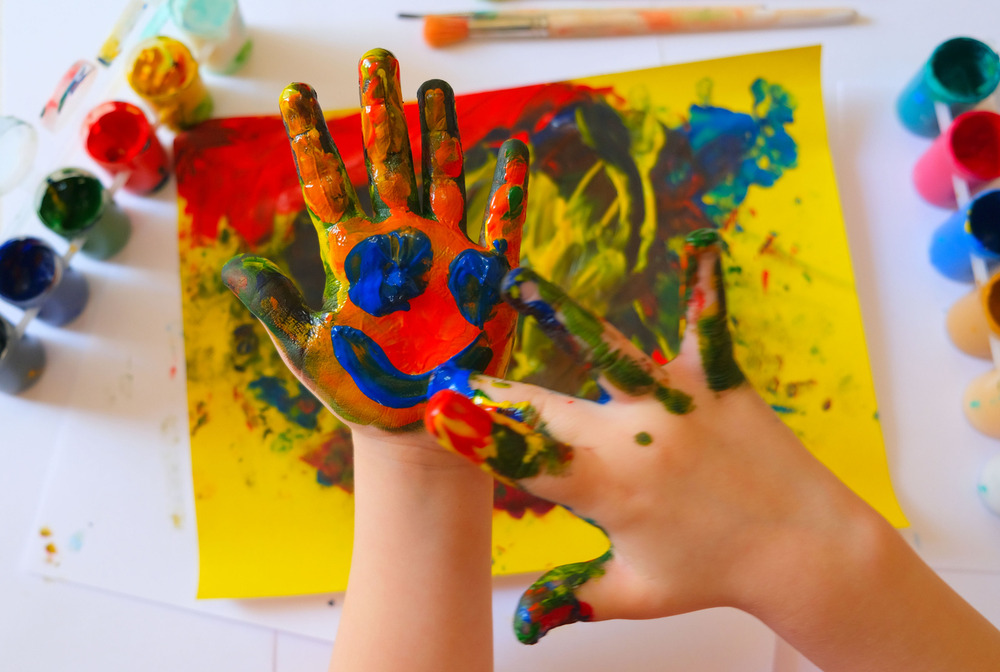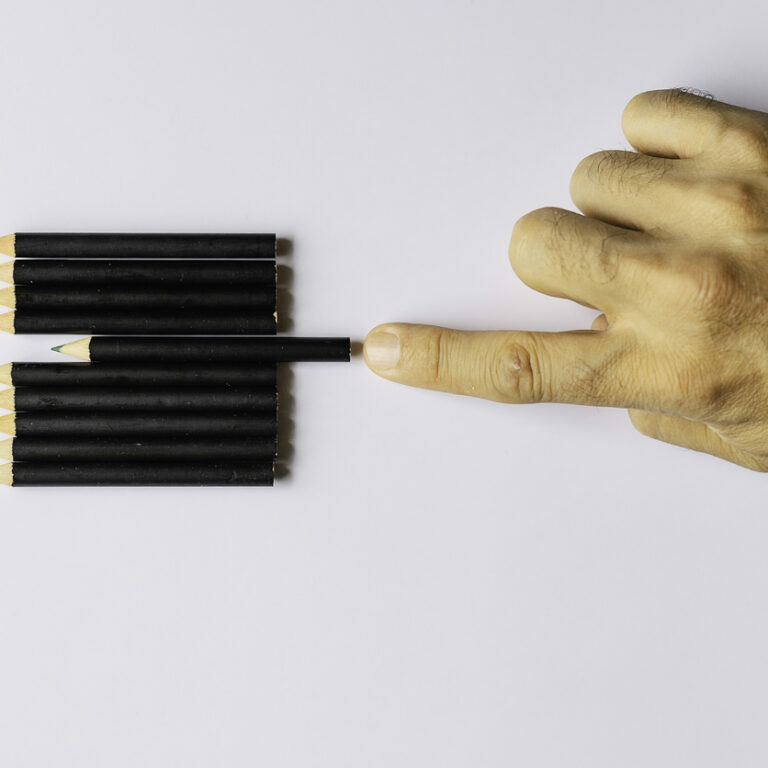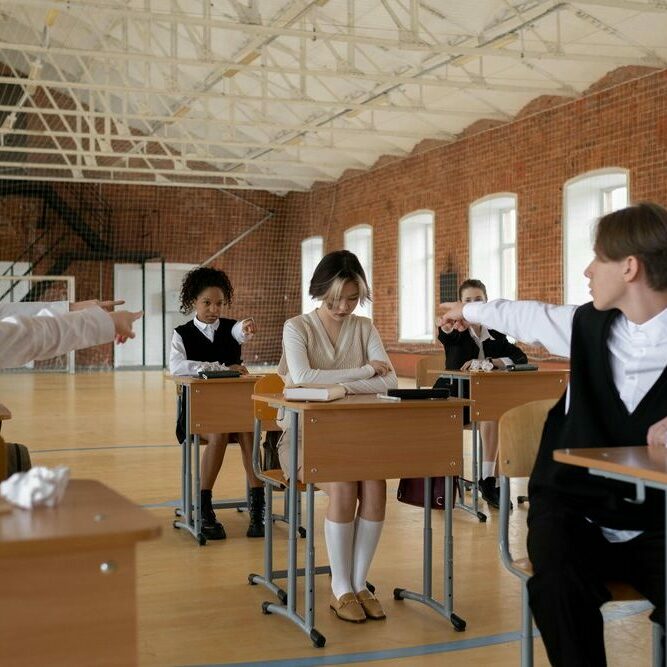No one wants their child to feel anxious. If your child has been overly stressed lately, it’s hard to know where to start. As a parent, you might be wondering what therapy for children actually looks like. Since they’re not adults, kids need approaches that are centered around their needs and capabilities.
Play therapy is one evidence-based method that’s effective for treating anxiety in children.
What does anxiety in children look like?
Children, like adults, can suffer from anxiety. However, it can look very different in kids because they might not have yet the language to talk about their feelings. Typically, anxiety in children manifests as behavioral issues like irritability, restlessness, and sleep disturbances. They’re also more likely to complain of physical issues: headaches, stomachaches, or feeling hot.
Instead of saying “I’m really stressed about my homework,” they might complain that their tummy hurts and ask to stay home from school. Kids can get anxiety for many reasons—academic pressures, difficult family dynamics, bullying, or even genetic predispositions.
What is play therapy?
Play comes easy to children. Play therapy operates under the idea that playing is a more natural way for kids to communicate. Traditional talk therapy is more structured and relies on the assumption that a person can accurately talk about their emotions.
Play, on the other hand, meets kids on their level. It gives them the creative space to act out their experiences and articulate their feelings. A trained therapist will engage a child in various modes of play, such as storytelling, drawing, painting, and role-playing with toys, games, and art supplies. The therapist will encourage them to problem-solve, express themselves, and process their emotions.
How a child plays can sometimes reveal a lot about what’s going on in their minds. Children who are angry or frustrated might delight in creating and then destroying block structures.
How play therapy reduces anxiety in children
It encourages emotional expression
Play therapy is a non-threatening outlet where children can express their fears and anxieties. Through play, they can begin to voice what’s going on under the surface. They’ll start to understand what it means to have feelings and to talk about them.
It helps develop problem-solving skills
Engaging in play allows children to experiment with different solutions to problems. The therapist will help them consider their options and make new decisions. When they build their confidence in the therapist’s office, they’re more able to handle new problems in real life.
It helps with self-regulation
Play therapy helps children learn to manage their more difficult emotions. By acting out scenarios and practicing coping strategies in a safe environment, they can begin to see the link between feelings and behaviors. Then, when they feel stressed at home or in school, they’ll learn healthy coping mechanisms to rely on.
It strengthens social skills
By building a playful relationship with their therapist, children can improve their social skills with peers and family members. If the child has difficult relationships with others, they can work through better ways of communicating in play therapy.
It creates a sense of empowerment
Anxiety grows when a person feels things are out of their control. Play therapy empowers children by giving them a sense of control over their environment and emotions.
Getting help for your child
If you’re worried that your child may be suffering from anxiety, it’s important to reach out to a child therapist. Find a provider you trust, and stay involved in the process. You’ll provide valuable insights into what’s going on at school or at home, which the therapist can use to guide their play strategies. Together, you and the therapist can address your child’s anxiety and set them up for success in the future.
To learn more about the benefits of play for easing childhood anxiety, please reach out to us.



